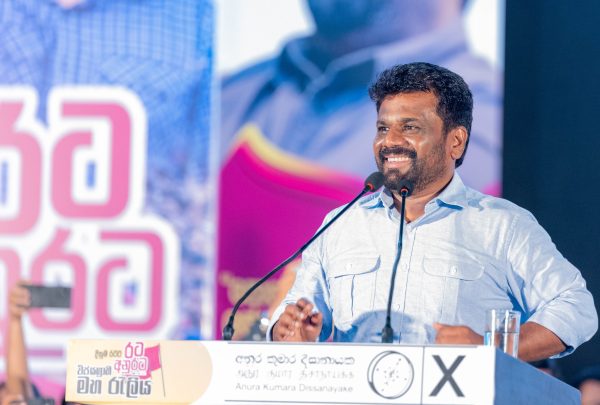
Dissanayake's success underscores the growing appeal of the NPP, a party that has surged in popularity since its formation in 2019. His decisive edge in the second preference votes helped secure a mandate over rivals Sajith Premadasa and Ranil Wickremesinghe, who captured 32.8% and 17.2% of the first-round votes, respectively. This outcome, however, reveals an enduring divide, as Dissanayake's support largely stemmed from Sinhala-majority southern regions, signaling challenges in unifying a nation still scarred by ethnic and religious tensions.
Economic reform dominates the agenda as Dissanayake inherits a nation grappling with a $37 billion debt crisis and lingering repercussions of a financial collapse. His promise to renegotiate stringent conditions attached to the International Monetary Fund's bailout will test his administration’s ability to balance fiscal discipline with the public's demand for relief. Analysts point to his pragmatic approach to foreign and domestic investment as pivotal, with his manifesto prioritizing job creation, industrial support, and tourism revival. Dissanayake has also pledged to advance healthcare and education, seeking to build a sustainable, equitable economy.
The new president's decision to dissolve parliament and call for fresh elections by November adds another layer of complexity. With only three NPP members currently in parliament, securing a legislative majority is essential for advancing constitutional amendments aimed at reducing presidential powers and fostering provincial autonomy. This uphill battle could be compounded if opposition parties like Premadasa's Samagi Jana Balawegaya and Wickremesinghe's United National Party forge alliances, potentially stalling Dissanayake's reformist ambitions.
Dissanayake's foreign policy will likely be scrutinized by regional powers, particularly India. The NPP leader has emphasized sovereignty and balanced international relations, advocating for economic partnerships that prioritize national benefits while eschewing external interference. India’s proactive engagement during Sri Lanka’s financial crisis and Dissanayake's earlier visits to India underscore the potential for strengthened ties. Observers note his admiration for Indian cooperative models, such as Amul, and their potential application in Sri Lanka, which could deepen economic collaboration.
Despite his socialist roots, Dissanayake's inclusive rhetoric and focus on pragmatic solutions have garnered optimism among international investors. His appointment of Harini Amarasuriya, a prominent academic and activist, as prime minister highlights a commitment to broadening representation and gender inclusivity in governance. Nonetheless, the challenges of navigating entrenched political resistance, managing public expectations, and addressing minority grievances remain formidable.
